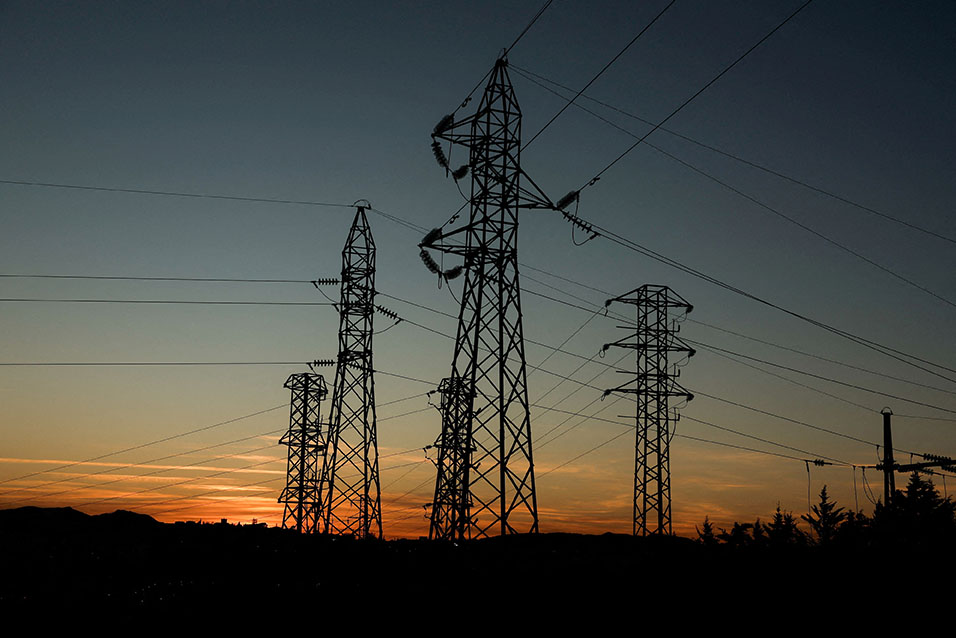The summer will find Cyprus “completely unprepared” in terms of energy sufficiency, Marios Papoutis, head of the EAC’s technical employees’ union (Sekaik) warned on Monday.
Speaking on CyBC, the union head said that President Nikos Christodoulides’ intervention to block approved price hikes by the electricity authority (EAC) to the tune of 8-9 per cent would place the semi state owned energy provider in dire straits.
The Cyprus energy regulatory authority (Cera) had agreed to an 8-9 per cent tariff hike after this had been requested by the EAC, but Christodoulides publicly stated last week that this should not happen.
The EAC annually submits its accounts to Cera which determines, based on a formula for the company’s legitimate profit margin, what upcoming electricity rates should be.
The EAC board of directors is poised to review the tariffs with chairman George Petrou having recently downplayed the need for concern over non-imposition of the new price hike.
“I don’t think it [the price hike] will be necessary,” Pertou told the CyBC on Friday. He said the EAC had “strong reserves”, and a study was awaited which would show what was needed, based on the EAC’s ten-year strategic plan.
According to Petrou the final investment amount required would likely be far less than the €1 billion originally estimated.
Papoutis, however, took issue with the EAC board chairman’s assessment, saying his statements had merely served to obscure serious financial problems and delays in project implementation faced by the authority.
“Unfortunate statements [by Pertou] confuse the issue”, he told the CyBC on Monday.
The budgeting concerns works already delayed and the hikes were needed to cover the EAC’s expenditures for 2024-25. They were crucial for balancing the books and avoiding a deficit – for the third year in a row, Papoutis said.
Statements by others that the EAC could cope revealed a simplistic and cavalier handling of the situation, the EAC engineer said.
Listing the various projects the EAC was expected to have already implemented over the past four years, chief among them was the installation of storage systems for RES energy and an additional generation unit in Dhekelia, Papoutis questioned whether the repeated delays were deliberate.
“The EAC only has one way to recoup its expenses, [via tariffs] and no alternative has been placed on the table to be discussed,” Papoutis said.
“This is the third year the EAC faces a deficit. Surely [blocking traffic hikes] will leave a vacuum and the EAC will have financial issues if it is not permitted to recoup its expenses.
“This summer will find us entirely unprepared. We will have reduced energy. It is a tragic situation,” Papoutis said.
A meeting between all stakeholders had been planned to take place within the week to hammer out a solution.
The €1 billion figure which had been floated was deemed necessary for the EAC to carry out upgrades, including towards grid maintenance.
Last week Petrou had stated that €1 billion was an overblown amount.
“If part of that amount is needed over the full ten-year plan, we’ll recover those funds gradually,” he said, adding that the EAC had the financial flexibility to do so.
“We’ll take out loans. No business funds all investments out of pocket. We’ve had discussions with banks,” the EAC board chairman said.
He added that the EAC was “revaluating” its request to Cera for approval of a rate increase.







Click here to change your cookie preferences